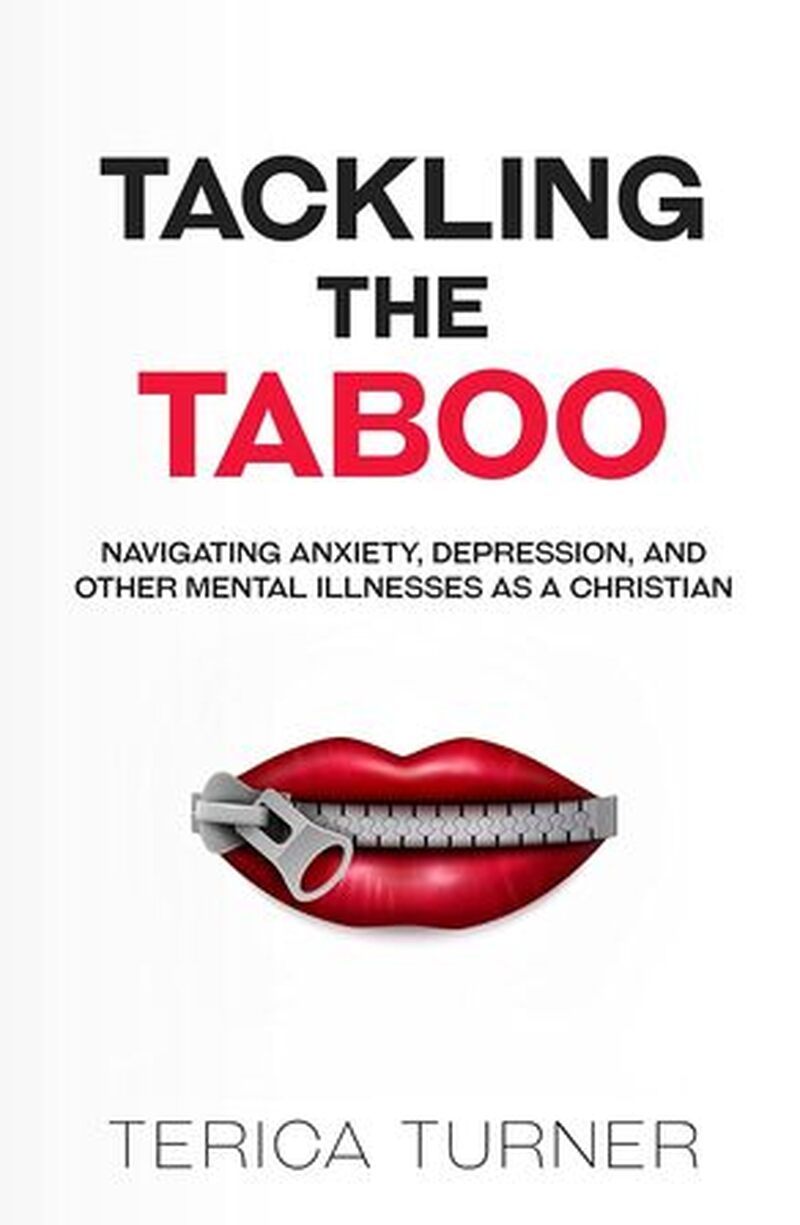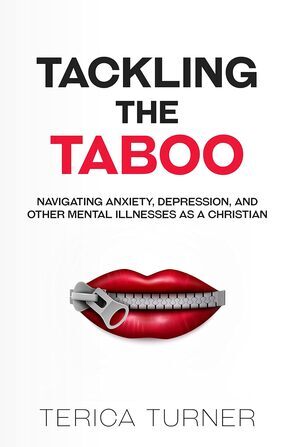What do these books teach us about leadership, being a Christian, facing the same challenges everyone does even outside the walls of the church building - where real church happens.
In order to create a comprehensive and compassionate response to mental health, anxiety, and depression within the Church in 2024, it is crucial to focus on several key strategies:
Destigmatizing Mental Health: The Church should actively work to eliminate the stigma surrounding mental health issues. By fostering an environment where open discussions about mental health are encouraged, congregations can create a safe space for individuals to share their struggles without fear of judgment. This starts with focusing on the culture of your church. If we are to take care of one another, sometimes that means specialized care to address their needs.
Education and Awareness: Equip pastors, leaders, and congregants with knowledge about mental health conditions. Seminars, workshops, and educational resources can help dispel misconceptions, increase awareness, and empower the community to recognize and respond to mental health challenges. If you're a church leader, you should be aware that this is a priority in your ministry. Congregants are highlighting verses on anxiety more than any others in their Kindle Bible.
Incorporating Mental Health into Sermons: Integrate mental health themes into sermons and teachings. Addressing emotional well-being from a spiritual perspective can resonate with individuals dealing with anxiety and depression, offering them solace and guidance in their faith. There are tremendous amounts of passages that highlight mental health, emotional well-being, spiritual hunger, and balancing faith against circumstances.
Support Groups and Counseling Services: Establish support groups within the Church to provide a sense of community for those facing mental health challenges. Additionally, offer professional counseling services or collaborate with mental health professionals to ensure that individuals receive the necessary support and guidance.
Prayer and Meditation Practices: Encourage mindfulness, prayer, and meditation as integral components of spiritual practice. These practices can contribute to emotional well-being and provide individuals with tools to manage stress, anxiety, and depression. And the benefit is - it's scriptural to do so!
Collaboration with Mental Health Organizations: Forge partnerships with local mental health organizations to strengthen the Church's ability to support individuals in need. By collaborating with experts, the Church can offer a comprehensive approach to mental health care.
Fostering Inclusivity: Ensure that the Church is an inclusive space for all individuals, regardless of their mental health status. Emphasize the unconditional love and acceptance taught by Christian principles, creating a community where everyone feels welcome and valued.
Empowering Leaders with Mental Health First Aid: Provide mental health first aid training for Church leaders. This will enable them to identify signs of distress, offer initial support, and connect individuals with appropriate resources, reinforcing the Church's commitment to the well-being of its members.
As we embrace the challenges of the year 2024, the Church's response to mental health, anxiety, and depression should be rooted in compassion, understanding, and action. By fostering an environment of acceptance, education, and support, the Church can play a pivotal role in nurturing the minds and souls of its community members, promoting overall well-being and spiritual growth.































































































